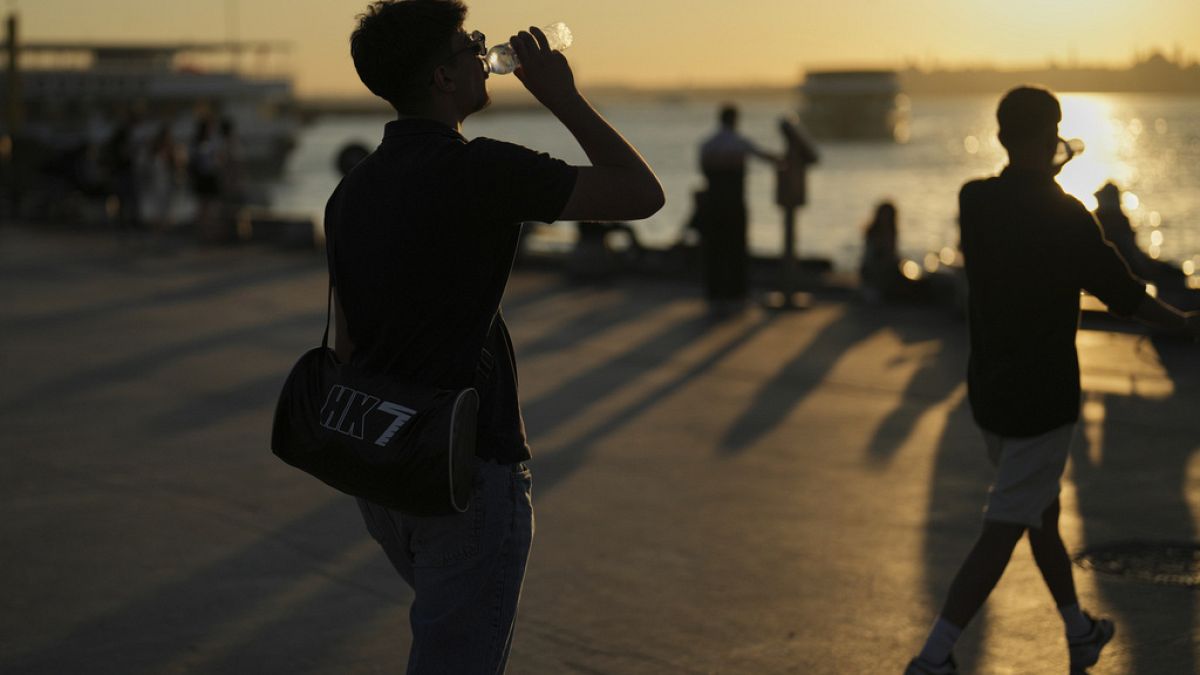

Europe is currently experiencing a significant and challenging heatwave that is impacting various aspects of life and infrastructure. With temperatures soaring above 40 degrees Celsius in many parts of the continent, widespread wildfires and crucial interruptions to energy production have ensued. This extreme weather pattern has not only broken several temperature records but has also had a profound effect on the natural environment and the daily lives of millions.
In response to this intense heat, authorities have taken various measures to manage public safety and mitigate damage. Emergency services are on high alert, primarily focusing on controlling wildfires that threaten both residential areas and wildlife. Meanwhile, the heat has led to the temporary shutdown of a nuclear plant, prompting further concerns over energy supplies during this period of escalating demand. Despite the challenges presented by these conditions, communities across Europe are displaying resilience and adaptability, working together to support one another through these trying times.
As Europe contends with environmental pressures, the region also navigates complex geopolitical developments. Recently, former President Donald Trump and Russian President Vladimir Putin engaged in a phone call to discuss ongoing international issues, including the conflict in Ukraine and Iran’s geopolitical positioning. This call marks the sixth in a series of known discussions between the two leaders, highlighting ongoing diplomatic efforts amidst the current geopolitical climate.
Amidst these dialogues, Ukraine remains a focal point. President Volodymyr Zelenskyy has expressed skepticism about the effectiveness of these conversations, noting the differing perspectives between President Trump and President Putin. Meanwhile, Estonia’s Prime Minister Kristen Michal has voiced concerns about Russian President Putin’s reliance on maintaining the conflict to consolidate power domestically. According to Michal, the continuation of war allows Putin to divert public discourse from pressing internal issues in Russia.
Recent developments on the ground underscore the volatility of the situation. In southern Ukraine, a Russian drone strike on Odesa resulted in injuries to at least five individuals, including two children, as the conflict persists with tragic consequences for civilians. These incidents highlight the ongoing turmoil faced by those living in conflict zones, where safety and normalcy remain elusive.
On the other side of the border, a Ukrainian offensive in Russia’s Kursk region has led to the death of Major General Mikhail Gudkov, the deputy commander of the Russian Navy. This event signifies the deepening military engagements between the two nations, which continue to influence the broader geopolitical landscape.
In a world where weather patterns and international relations are becoming increasingly interconnected, Europe finds itself at a critical juncture. Whether addressing the immediate imperative of managing extreme weather or navigating complex geopolitical waters, the continent is embracing a path of measured response and strategic action. Community solidarity and international cooperation remain vital as Europe seeks to build resilience against both immediate and long-term challenges.
Source: {link}
